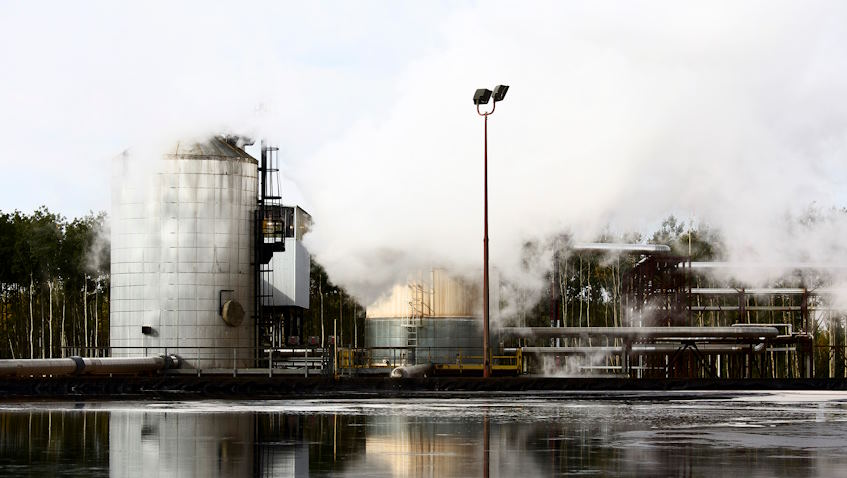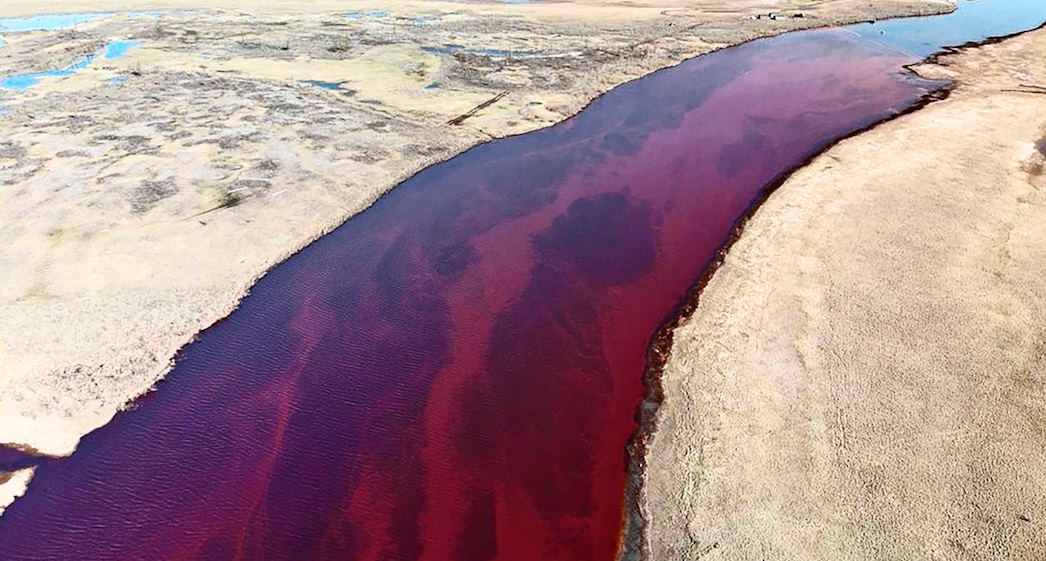
The Role of Oil Spills in Climate Change and Carbon Emissions
Oil spills, notorious for their immediate environmental devastation, also play an insidious role in contributing to climate change through amplified carbon emissions. In this article, we will explore the complex relationship between oil spills, carbon emissions, and global warming, tracing the ecological consequences and highlighting the vicious cycle that exacerbates both oil spills and carbon release.
The Hidden Impact: Oil Spills and Carbon Emissions
- Oil Spills and Marine Life
Oil spills wreak havoc on marine ecosystems, suffocating aquatic life and causing long-term damage. The death of marine organisms contributes to the carbon cycle, as their decomposition releases carbon dioxide (CO2) into the atmosphere.
- Methane Release
Subsea oil spills can release methane, a potent greenhouse gas, into the water column. When methane reaches the surface and escapes into the atmosphere, it intensifies the greenhouse effect, contributing to global warming.

Tracing the Ecological Consequences of Oil Spills
- Terrestrial Ecosystems
Oil spills often reach coastal areas, impacting terrestrial ecosystems. Plants and wildlife in these areas can suffer, leading to changes in carbon sequestration patterns.
- Disruption of Carbon Sinks
Coastal ecosystems like mangroves and salt marshes act as carbon sinks, storing large amounts of CO2. Oil spills disrupt these ecosystems, releasing stored carbon and reducing their ability to sequester future emissions.
The Vicious Cycle of Oil Spills and Carbon Release
- Ocean Acidification
Oil spills contribute to ocean acidification by releasing CO2 into seawater. Acidic oceans harm marine life and reduce the ocean’s capacity to absorb atmospheric CO2.
- Climate Change Feedback Loop
As climate change intensifies, extreme weather events like hurricanes become more frequent. These events can damage oil infrastructure, increasing the likelihood of oil spills and exacerbating the cycle.

Mitigation and Prevention
- Reducing Fossil Fuel Dependency
Transitioning to cleaner energy sources can reduce the demand for oil extraction and transportation, lowering the risk of spills.
- Improved Safety Measures
Enhancing safety standards and technology in the oil industry can minimize the occurrence of spills.
Oil spills are not isolated incidents of environmental harm; they are part of a larger cycle that contributes to climate change and carbon emissions. Understanding this complex relationship is essential in addressing both oil spill prevention and climate mitigation efforts. By taking steps to reduce our reliance on fossil fuels, improve safety measures, and protect ecosystems, we can break the vicious cycle of oil spills and carbon release. It is imperative that we prioritize these actions to safeguard our planet from the worsening effects of global warming and the devastating ecological consequences of oil spills.